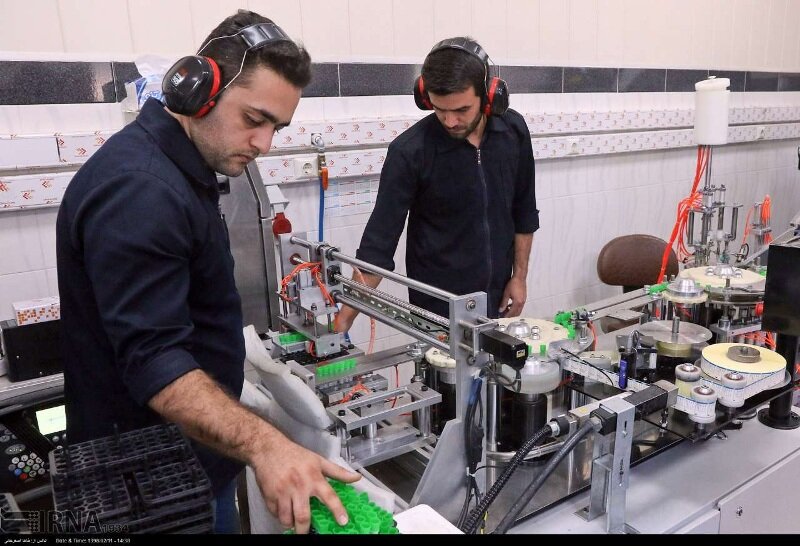Charity to launch 5,000 small businesses for the deprived

TEHRAN – Barekat Charity Foundation, affiliated with the Headquarters for Executing the Order of the Imam, will launch 5,000 small businesses in deprived areas over the current [Iranian calendar] year (began on March 21), IRNA reported on Tuesday.
With the goal of creating employment for 50,000 people, each workshop employs 5 to 10 individuals, directly and indirectly, Morteza Niazi, deputy head of Barekat Foundation, said.
A total of 25 trillion rials (nearly $96 million) will be allocated to launch 5,000 small businesses in the underprivileged areas of the country, he explained.
According to Niazi, 16,000 villages and 800 towns across the country are covered by the Barekat Foundation’s employment-generating activities. By the end of last year (March 20), the Foundation had implemented 180,000 community-based job creation projects in deprived areas of the country.
The number of villages covered by the Foundation's employment activities next year will reach 20,000 villages, equivalent to 50 percent of the country’s villages, and also will include small towns with a population of less than 30,000, he added.
Headquarters for Executing the Order of the Imam was founded in 1989. In the Iranian calendar year, 1386 (March 2017-March 2018) Barekat Charity Foundation- the social arm of the organization- with the aim of promoting social justice was established.
Socio-economic empowerment of communities by encouraging entrepreneurship prioritizing breadwinner women, developing infrastructures such as water supply and power grids, building roads, constructing schools and increasing educational spaces, promoting health for all, granting non-repayable loans and insurance, especially in less developed areas and regions most affected by 1980s war and natural disasters are of the priorities of the charity foundation.
Currently, 26 percent of the country's population lives in villages, around 39,000 villages have more than 20 households and 23,000 villages have less than 20 households.
Thus, more than 97 percent of the country's rural population lives in villages with over 20,000 households.
Many efforts have been made over the past couple of years by the government to support villagers and slow down the trend of migration from rural areas to cities.
Rural tourism, agritourism, religious tourism, and ecotourism are alternatives or complementary economic activities that could further stimulate rural development while decreasing rural community dependency on one main economic sector (agriculture, forestry, energy, or mining).
FB/MG
Leave a Comment